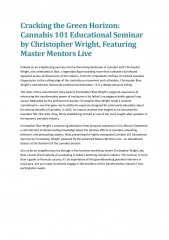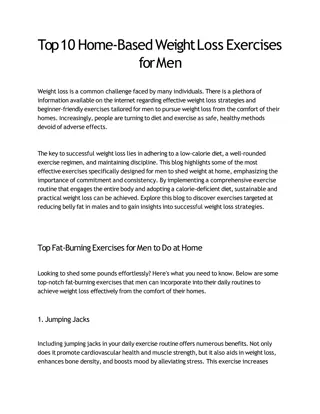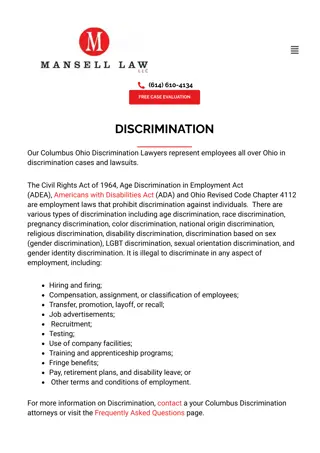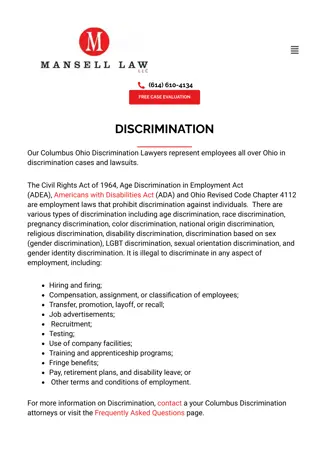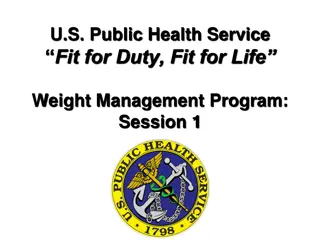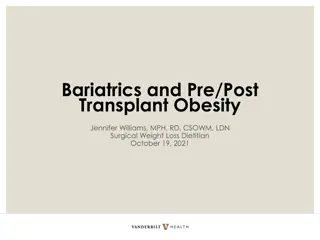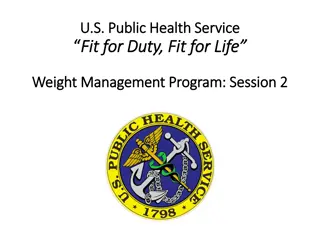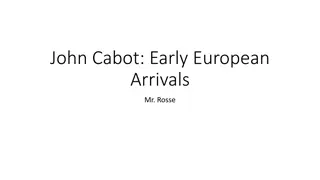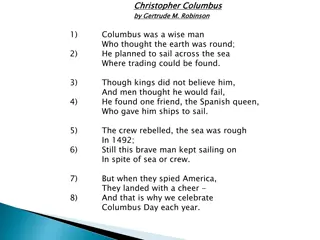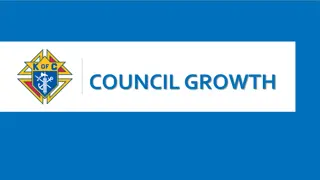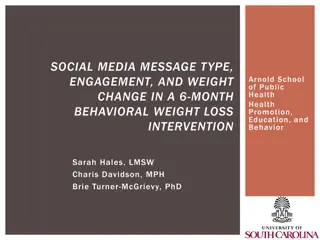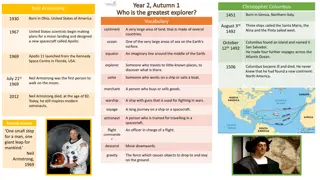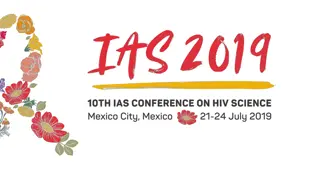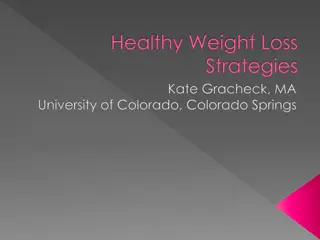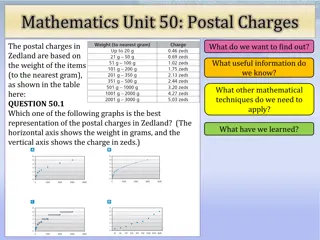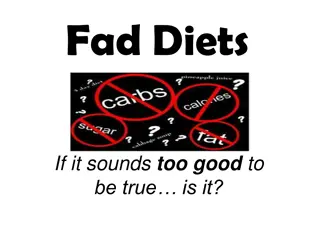Insights on Effective Weight Loss Strategies and the Fascinating Story of Christopher Columbus
Discover the truth about losing weight by exploring various approaches such as fasting and debunking myths around simply eating less. Delve into the historical tale of Christopher Columbus manipulating an eclipse to get food from the natives in Jamaica. Unravel the science behind metabolism, sugar storage, and fat utilization in the body.
Download Presentation

Please find below an Image/Link to download the presentation.
The content on the website is provided AS IS for your information and personal use only. It may not be sold, licensed, or shared on other websites without obtaining consent from the author. Download presentation by click this link. If you encounter any issues during the download, it is possible that the publisher has removed the file from their server.
E N D
Presentation Transcript
13 / p.48 Reader s Bank Level 7 Back in the year 1503, Christopher Columbus landed on the island of Jamaica. At first, the natives welcomed Columbus and his crew and gave them food. But the natives couldn t keep providing them with food as months passed. Columbus was almost starving. One day, he hit upon a good idea to get over the crisis. He warned the natives that if they did not feed him, his god would be angry and take away the moon. He knew from his almanac that there was going to be an eclipse of the moon. As you know, an eclipse is an occasion when the Earth is between the sun and the moon. Since the moon is in the Earth s shadow, it is not visible. But the natives were unaware of this. So when an eclipse occurred, they were frightened. They gave Columbus all the food he needed and begged him in return.
14 / p.50 Reader s Bank Level 7 What is the best way to lose weight? Most people believe that it is to eat less. But some nutritionists say that this is just a myth. According to a ten-year study conducted by the UK General Practice Research Database (GPRD), the eat less approach is not very effective. Only 0.6% of people who ate less actually succeeded in losing weight. Furthermore, 80% of those who did lose weight ended up gaining that weight back within a year. So why doesn t the eat less approach work? This is because your body slows down its metabolism rate when calorie intake is reduced. For example, when your body takes in 500 fewer calories, it also burns 500 less calories. Even if you eat less, you still won t gain weight in the long term because your body will adjust.
15 _1 / p.52 Reader s Bank Level 7 A good way to lose weight is not to eat at all for a certain period of time. Do you know what happens to your body when you fast? The food that you eat eventually breaks down into glucose or sugar, the fuel for your body cells. The way that your body stores and uses sugar is very unique. It stores sugar in the liver first. If the liver is full, your body transforms the sugar into fat and stores it in the muscles.
15 _ 2 / p.52 Reader s Bank Level 7 When your body uses the stored sugar and fat, it follows the same order: it first needs to use sugar from the liver and then fat from the muscles. In other words, as long as sugar remains in the liver, your body will not use the fat in your muscles. And if you consume even a little bit of food, sugar will remain in the liver. This is why you cannot (A) increase / reduce fat just by eating less. However, if you don t eat anything for a day or two, your body will use up all the sugar in the liver. Then it will start to use the fat in the muscles. When the fat (B) disappears / appears , you lose weight. What is better is that using fat does not (C) raise / lower the metabolism rate. This is why fasting is a better way to lose weight.


